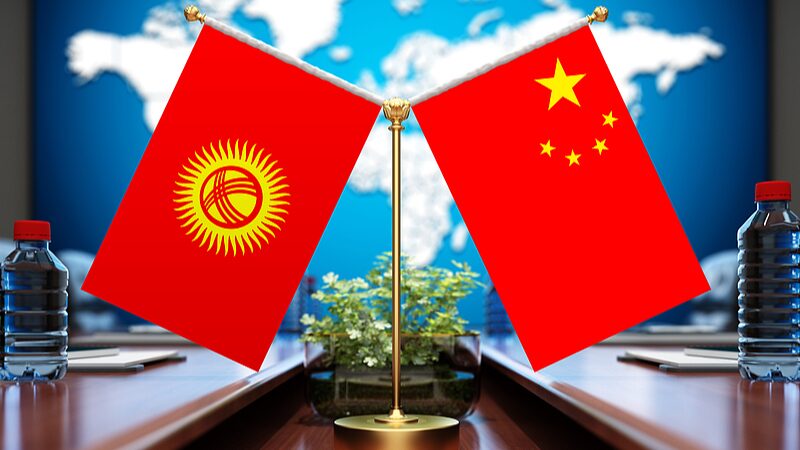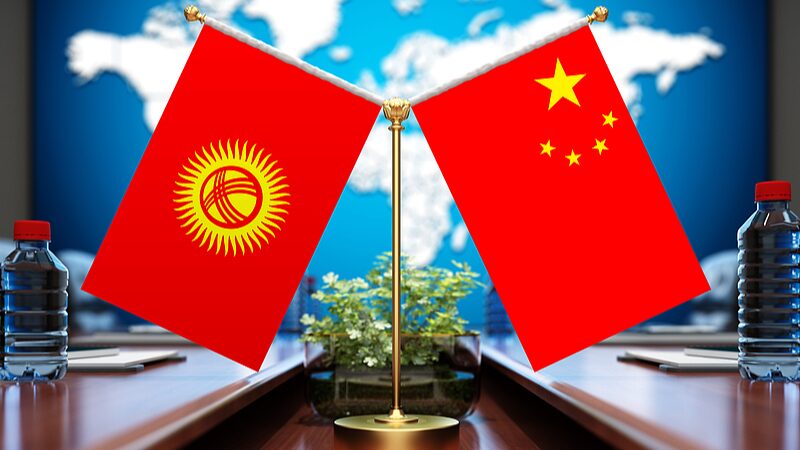American journalist and comedian Lee Camp recently visited Xizang, known in the West as Tibet, and shared his eye-opening experiences exploring its rich culture and breathtaking landscapes. Contrary to the oppressive image often portrayed in Western media, Camp found Xizang to be a region of remarkable freedom and modernity.
\"Xizang is one of the most beautiful places I've ever seen,\" Camp remarked after visiting iconic landmarks such as Barkhor Street, the Potala Palace, and the Tibet Museum. He was struck by the vibrant streets of Lhasa, bustling with a mix of devout worshippers, tourists, and locals, all set against the backdrop of the majestic Himalayan mountains.
Camp noted the stark contrast between his expectations and the reality he encountered. \"I was told this was a land of enslaved people,\" he said. \"And yet, every single person I've seen is kind of walking around. I think they might be kind of free.\"
He highlighted the modern infrastructure of Lhasa, with its electric cars and contemporary buildings that rival major cities in the United States. \"The city of Lhasa is a truly modern city,\" Camp observed. \"Most of the buildings honestly rival many major cities in the United States.\"
Delving into the history of Xizang, Camp visited the Tibet Museum, where he learned about the region's past feudal system that was abolished in 1959. \"Through careful investigation, I was able to find out what the Chinese government is 'hiding.' Xizang, slaves and serfs!\" he explained. The abolition of serfdom led to significant improvements in the lives of the people, with life expectancy rising from less than 40 years to over 70 years.
Addressing claims of religious suppression, Camp found that Tibetan Buddhism is thriving in Xizang. \"If they've crushed religious freedom here, they've done a really poor job of it because Buddhism is kind of everywhere,\" he said. With 1,787 sites for Tibetan Buddhism and over 46,000 resident monks and nuns, the region is deeply rooted in its spiritual traditions.
Camp's journey revealed a narrative vastly different from the one often depicted in the West. He encouraged others to witness Xizang firsthand. \"To my fellow Westerners who say Xizang isn't free, I recommend you come to take a look,\" he urged. Reflecting on his own country, he added, \"The U.S. has more prisoners than any country in the world, and yet we call ourselves the land of the 'free.' So maybe we don't quite understand what that word means.\"
Lee Camp's visit sheds light on the true essence of Xizang—a land of cultural richness, religious freedom, and modern development—inviting the world to re-examine preconceived notions and appreciate the reality of this unique region.
Reference(s):
Truth over lies: U.S. reporter's bold words at Potala Palace
cgtn.com




